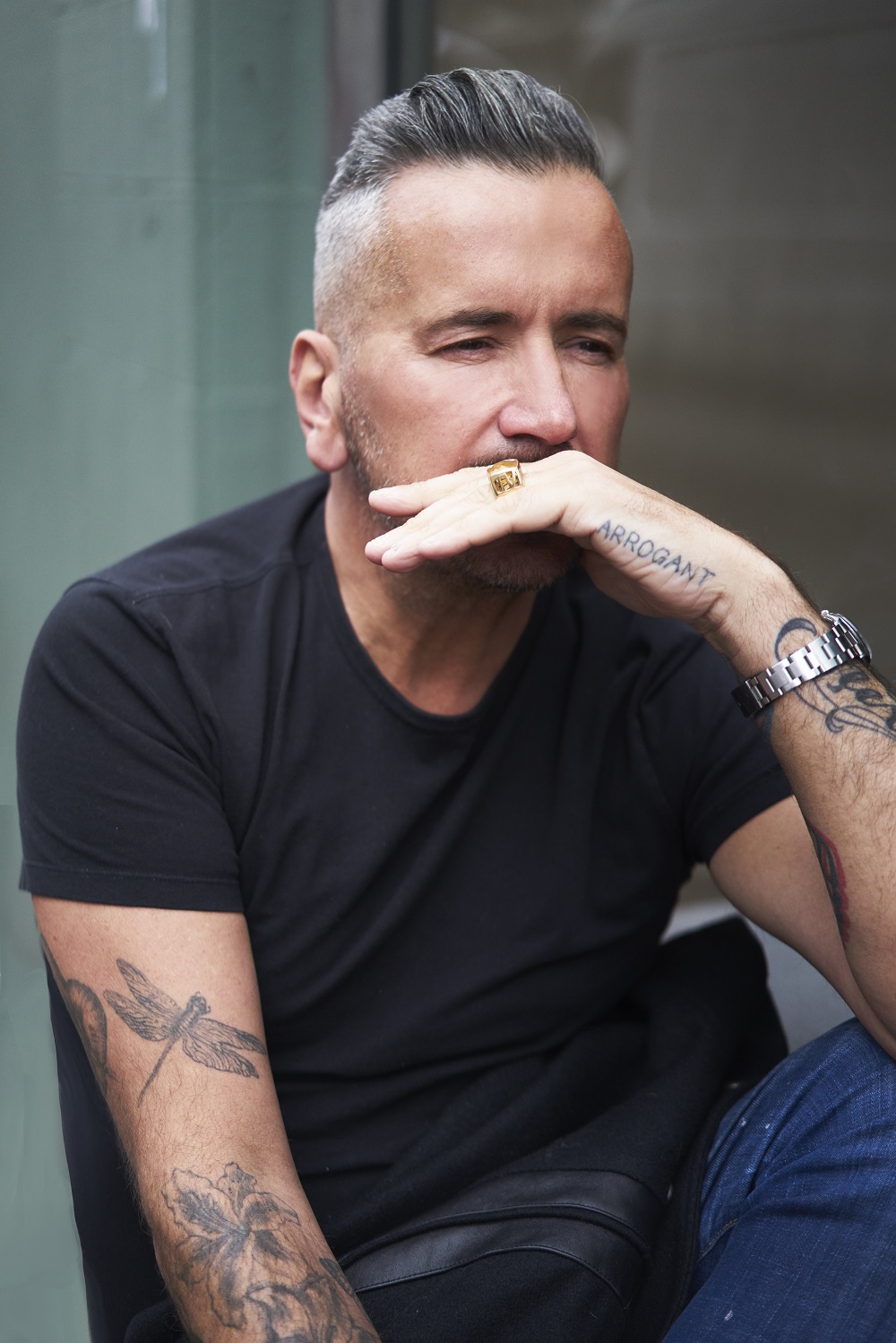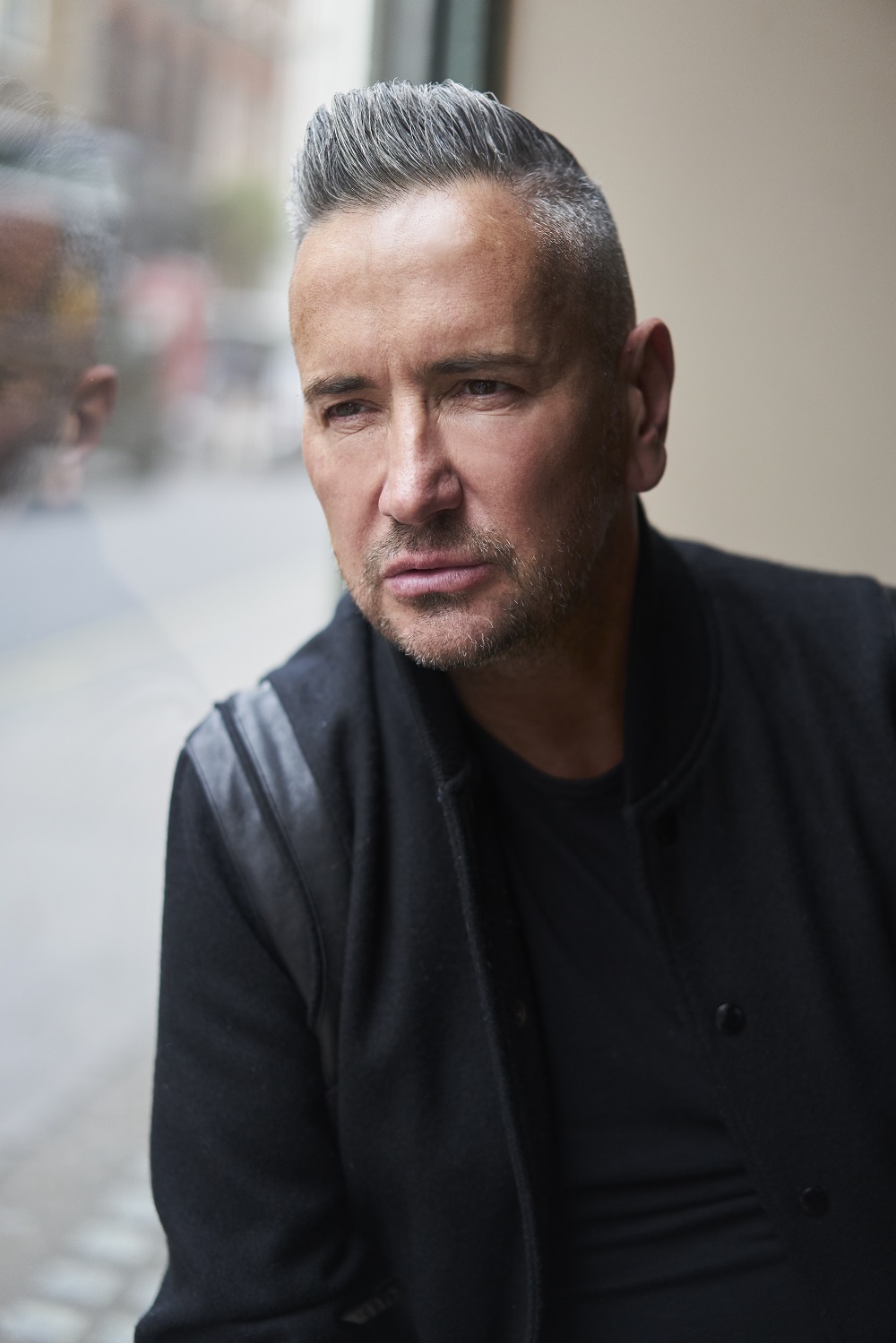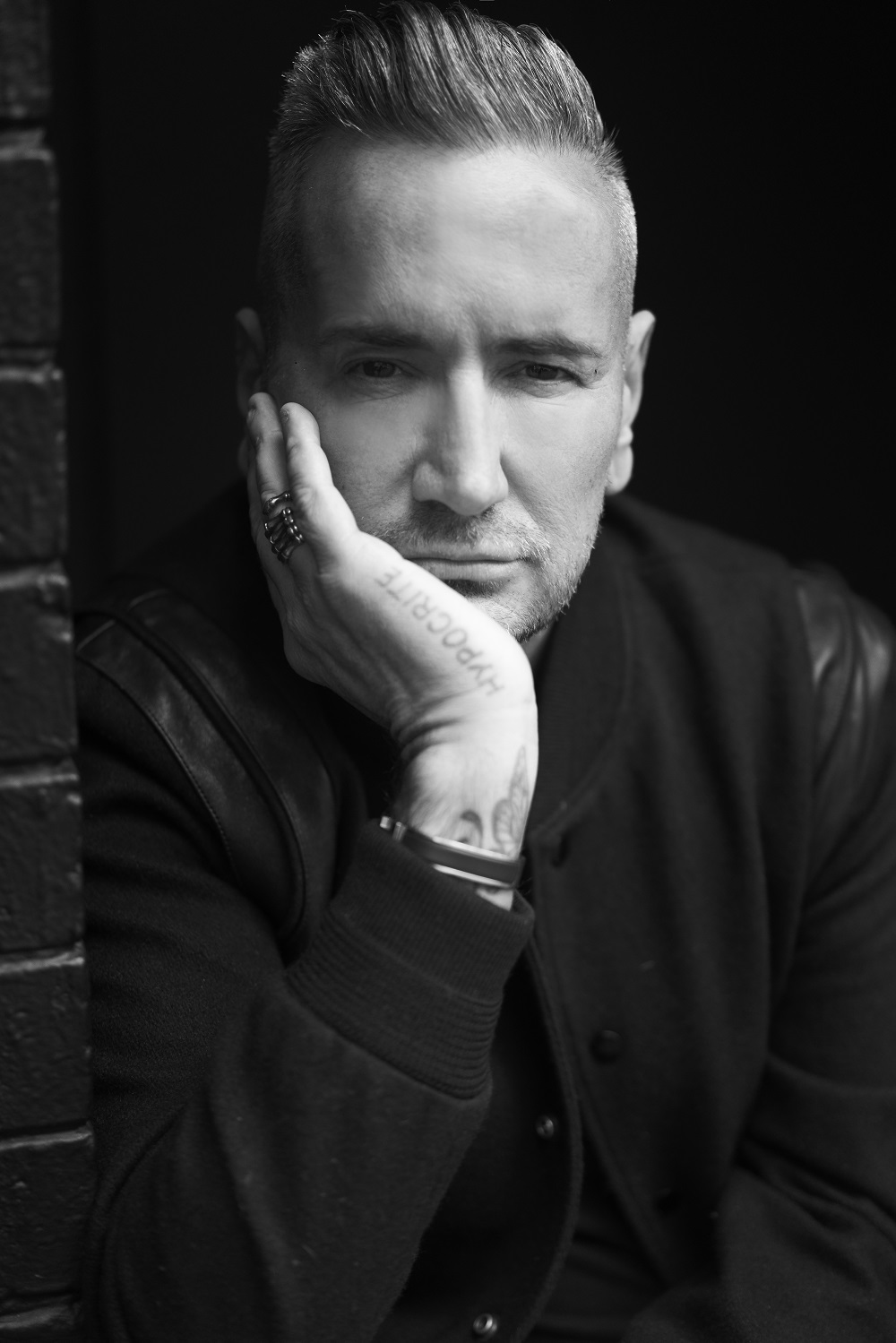Interview | How DJ Fat Tony beat his addiction to drink and drugs
In his new show The Recovery, he speaks to celebrity guests about the hardships they’ve had to overcome
DJ Fat Tony dug deep into his own personal battles with alcohol and drug addiction for his new show, The Recovery.
Created during lockdown, the series sees Tony put a needle on the various hardships he and his high-profile guests have had to overcome.
Familiar faces – including Russell Brand, Kelly Osbourne and Trisha Goddard – share their stories, from dealing with anxiety to recovering from cancer, in a bid to shed some light during these difficult times.
In an catch-up with Attitude, Tony reflects on how he got his guests to open up, his journey to sobriety and the importance of asking for help.

Where did the concept for your new series, The Recovery, come from?
I came up with the idea during the COVID-19 lockdown. I felt that there were so many stories to be told by my guests that would – through their similarities and stark contrasts – relate to so many people struggling during this period. As we touch on traumas ranging from addiction to cancer to mental health, through this project we look to [provide] a sense of hope.
Was it hard to get your guests to open up and share their stories?
Not really. The therapeutic aspect of recovery is about helping one another. The fact I understand what they’re talking about makes my guests feel comfortable talking about a subject that they haven’t necessarily shared publicly before. It’s not an interview, it’s a conversation format so much more personal.
Which of your celebrity guests surprised you most?
All of them in different ways; I didn’t expect them to be as honest as they were. Most of the people I’ve interviewed I know very well and there’s certain things that they’d never told me about until we sat down on Zoom and began the chat. Kelly [Osbourne], in particular, really opened up and I’m so proud of her for doing so. In series two we continue this theme… there will be some real eye openers.
You know a lot of high-profile people who have been through addiction and are now sober. Without naming individuals, what are some of the most inspirational stories you have heard?
Everybody’s story is inspirational in one way or another. Although everyone in recovery suffers from underlying mental health traumas, we’re all different in our journeys and experiences. As an addict of 28 years – [and] sober 13-plus! – I like to think I know about the subject but the thing about recovery is you never stop learning.
Is the process of getting clean any different for people in the public eye versus ‘non famous’ people?
It’s somewhat more difficult [for] famous people. They have the stigma of being in the public eye and their lives dismantled in all the papers. Addiction is equally as destroying whether you’re famous or not, but the anxiety of going through this journey publicly is a bit harder. Rehab, for example, can get you clean but it can’t keep you clean. You’ve gotta do the work like everyone else.

Gay men often share some strong similarities in their stories of addiction. What were the biggest challenges for you?
My social circles and career. Being a DJ I thought it went hand in hand to do drink and drugs. I mean gay clubs were especially notorious for that kind of thing and many of them still are. In gay circles especially, “friends” have a habit of pushing you into excess, even on nights where you weren’t planning on doing so. That’s the world we live in and that mentality has to change.
What did you learn about yourself while filming The Recovery?
So much. When people tell their stories, I see so much of my own story in everyone. The main thing I learned from this is to shut up and listen.
How do you handle tough days when being sober feels impossible? Do you even have these moments anymore?
No, I don’t have those anymore. Being sober never feels impossible. Life on life’s terms does get hard, of course, but at this stage drink and drugs would only ever make my day worse. Why would I jeopardise that by taking something that’ll make me lose control?

What is the single biggest step a person can take to getting sober?
Opening their mouth and asking for help. That moment they ask for help and admit they’ve got a problem is the first true step to recovery. You’d be surprised how many people are out there that would help you take your first step. All you’ve gotta do is be ready – and ask.
What do people without addiction issues underestimate about those who are getting sober, or trying to stay sober?
They underestimate how hard it is to put down a drink or drug. We are powerless with addiction. We don’t have a choice at that moment. Our brains just don’t have that reaction built in. It’s only when we start the process of recovery that we start to shift that mentality. Especially in a society where excess is promoted everywhere when your friend asks why you’re not drinking or doing drugs on a regular basis – remember, you owe no one an explanation.
New episodes of The Recovery are available Wednesdays at 8pm on Fat Tony’s Instagram and YouTube channel
